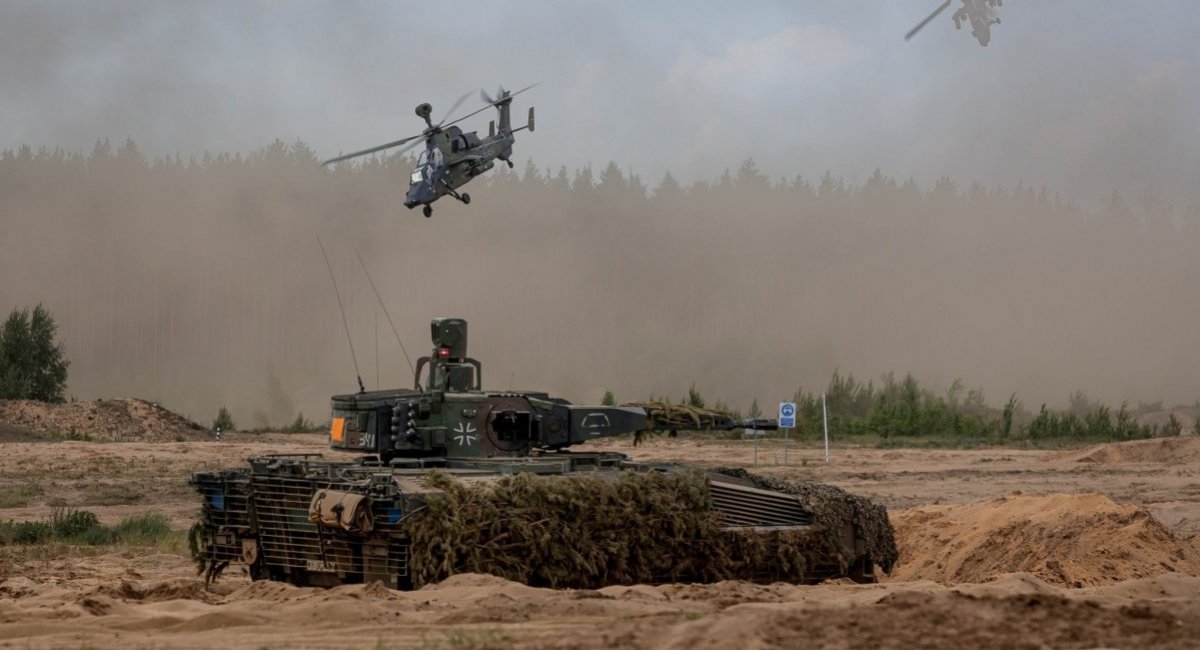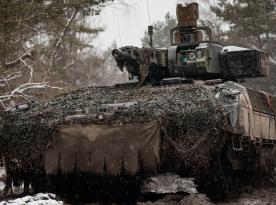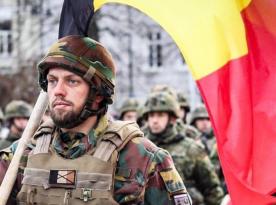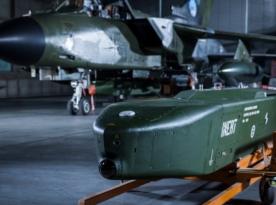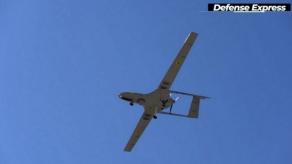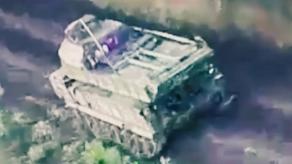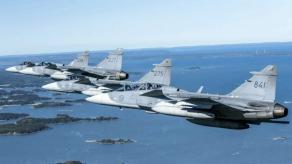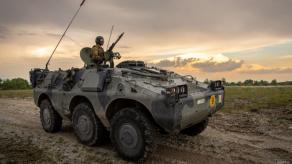Amid significant challenges faced by the Bundeswehr in maintaining Germany's defense capabilities — let alone safeguarding NATO's European segment — the first official statement has emerged on how the German Armed Forces would respond to potential military aggression from russia.
At the RÜ.NET 2024 forum in Koblenz last week, Vice Admiral Carsten Stawitzki, head of the arms procurement department at the German Ministry of Defense, addressed this concern, in an interview with Hartpunkt.
Read more: Ukraine's Breakthrough in Kursk Showed NATO How to Fight Against russia
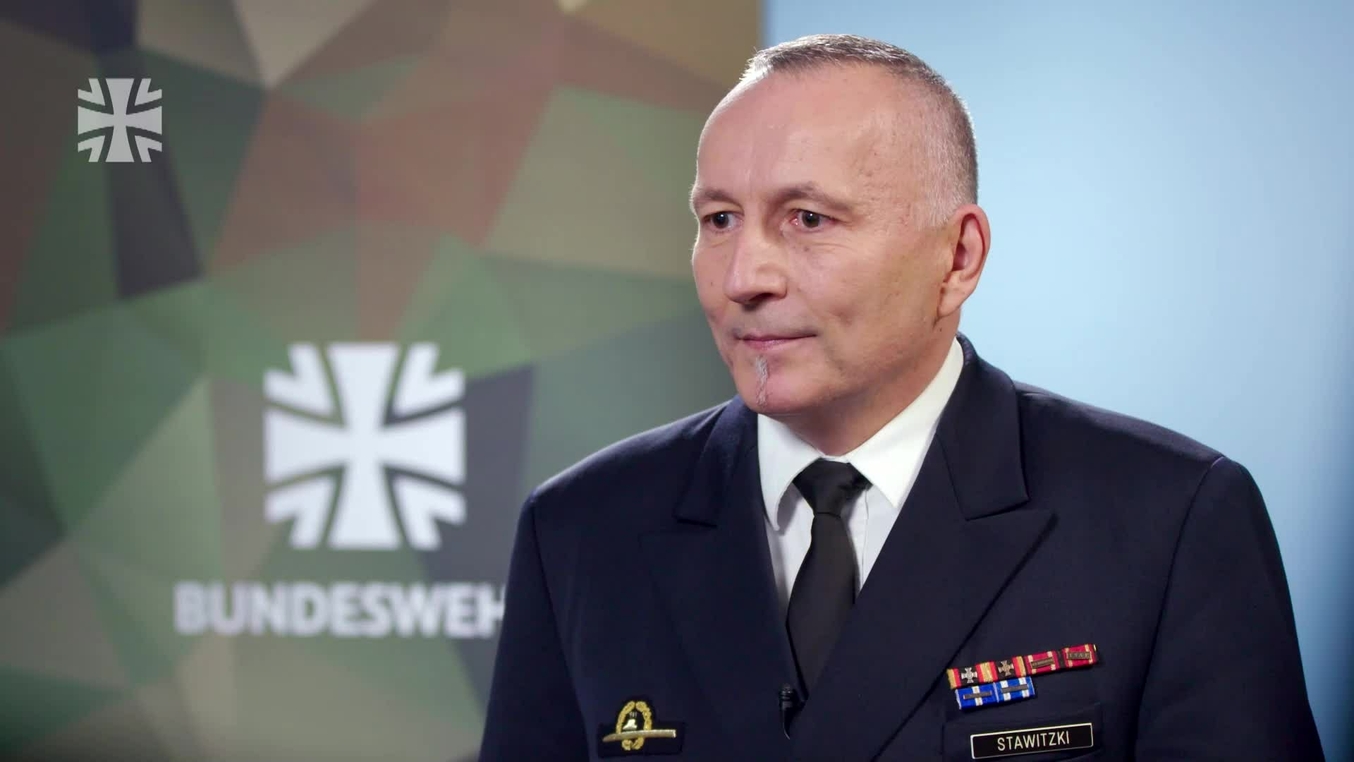
"I hope that we will not force the German Army into a trench warfare with 155mm artillery shells which the German Army would not survive for 14 days or three weeks. The enemy must be destroyed long before it can even pose a threat to us," Stawitzki said.
Defense Express notes that this reference to a two-to-three-week limit on trench warfare is directly linked to the Bundeswehr's ammunition reserves. As of 2022, a report from Business Insider suggested that Germany had only enough ammunition for two days of intense conflict. NATO's standard, meanwhile, requires member states to maintain reserves capable of sustaining 30 days of active warfare.
This shortage explains why the Bundeswehr's strategy focuses on neutralizing threats at long range. As Stawitzki explained, the German military plans to rely on long-range fire support from rocket artillery and missiles, which could be launched from ships, aircraft, or land platforms to strike deep within enemy territory.
However, there are two major oversights to this plan. First, it doesn’t address a critical question: "What if it doesn't work?" What happens if russia withstands a large-scale long-range strike, trades losses for time, and continues a creeping infantry offensive?
Second, Germany lacks a sufficient arsenal of long-range weapons. The Bundeswehr’s one and only long-range system, the Taurus KEPD 350, is available in only 150–250 combat-ready units.
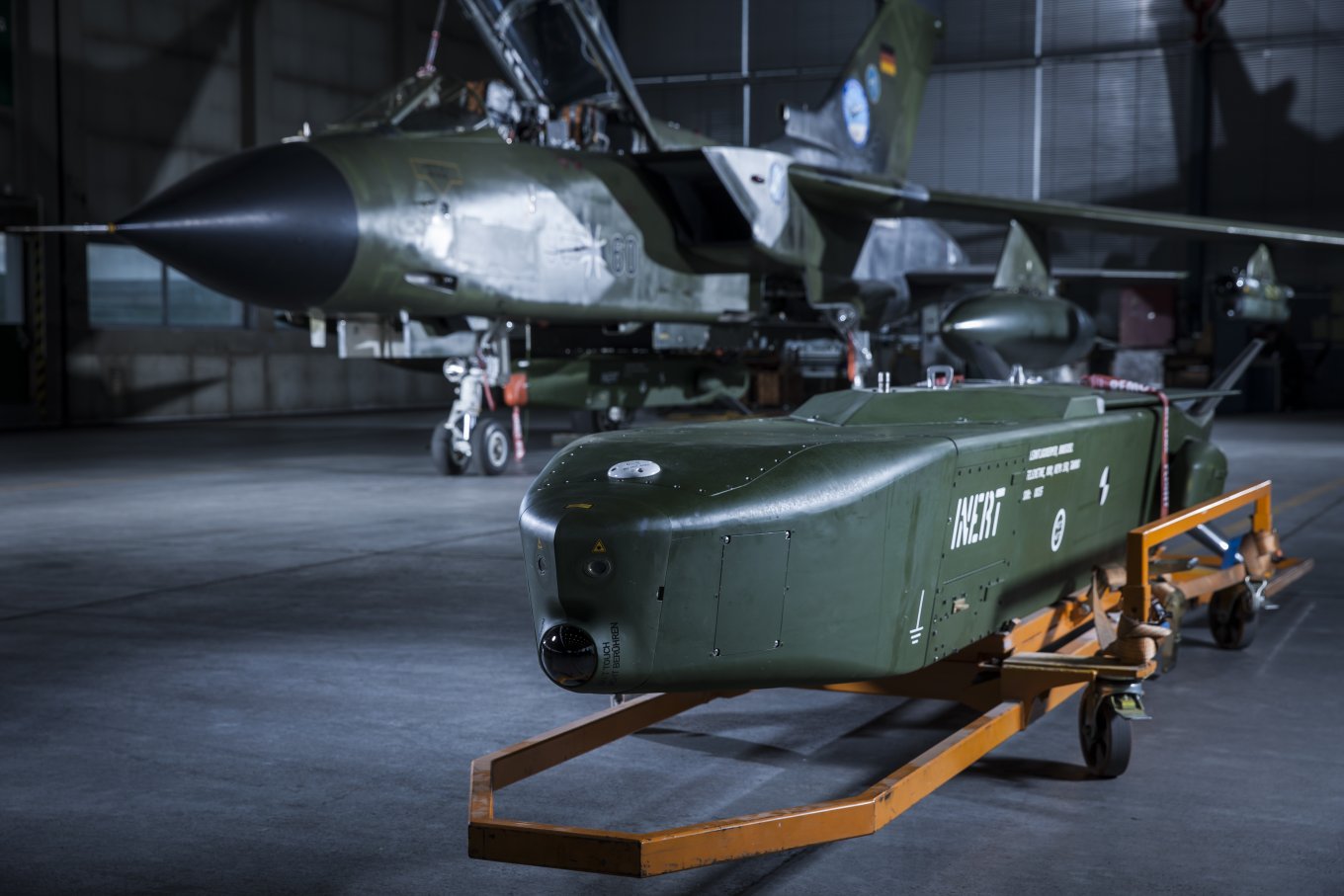
That's why Stawitzki recalls the European Long-Range Strike Approach (ELSA). This project aims to deploy advanced long-range missile systems in the coming years, including the new Land Cruise Missile from MBDA. But the question remains: What if russia attacks before Germany is fully prepared?
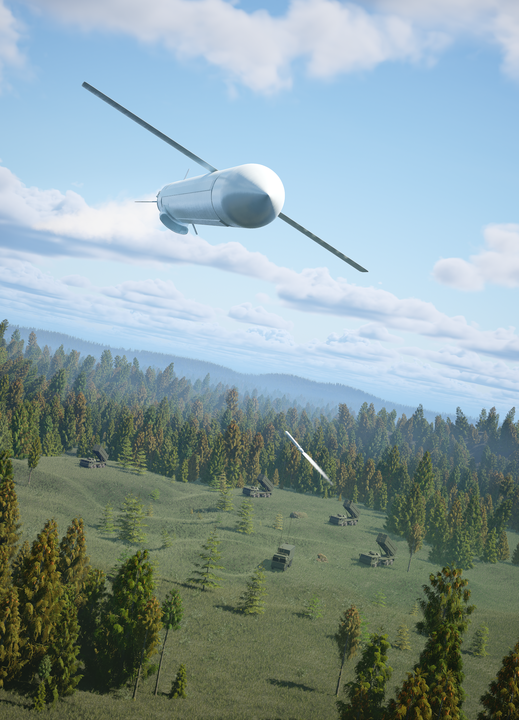
Earlier, German think tank DGAP assessed that russia will be able to launch another war against Europe in 6 to 10 years if it comes out of war with Ukraine undefeated, while the head of the Norwegian Armed Forces, General Eirik Kristoffersen, believes the window of opportunity is even narrower. He said NATO should be ready to defend itself from russia in two to three years.
Now back to Germany as NATO's key member in Europe, Vice Admiral Stawitzki told journalists that the Bundeswehr is bolstering its air and missile defense capabilities based on lessons learned from russia's war against Ukraine. The German Ministry of Defense has allocated a substantial portion of its budget toward this effort, including the acquisition of modern systems such as Skyranger, IRIS-T, NNbS, Patriot, and Arrow 3, the latter alone costing $3.5 billion and set to be operational by 2025.
Additionally, the Ministry recognizes the value of unmanned systems and develops them across all domains, from the large Eurodrone copters to small UAVs, as well as land and sea-based robotic platforms.
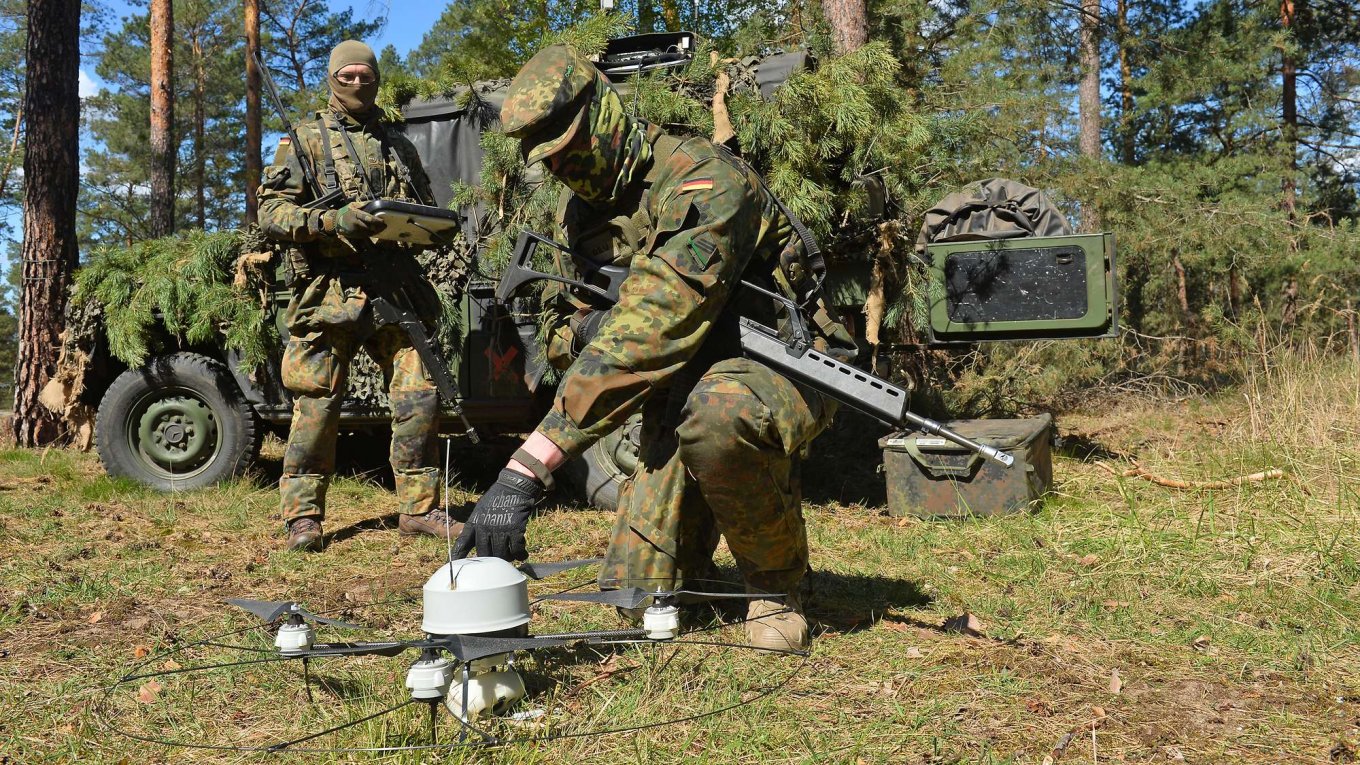
Read more: Speaking of War in Ukraine, Europe is Still Reluctant to Look Back at WW2



